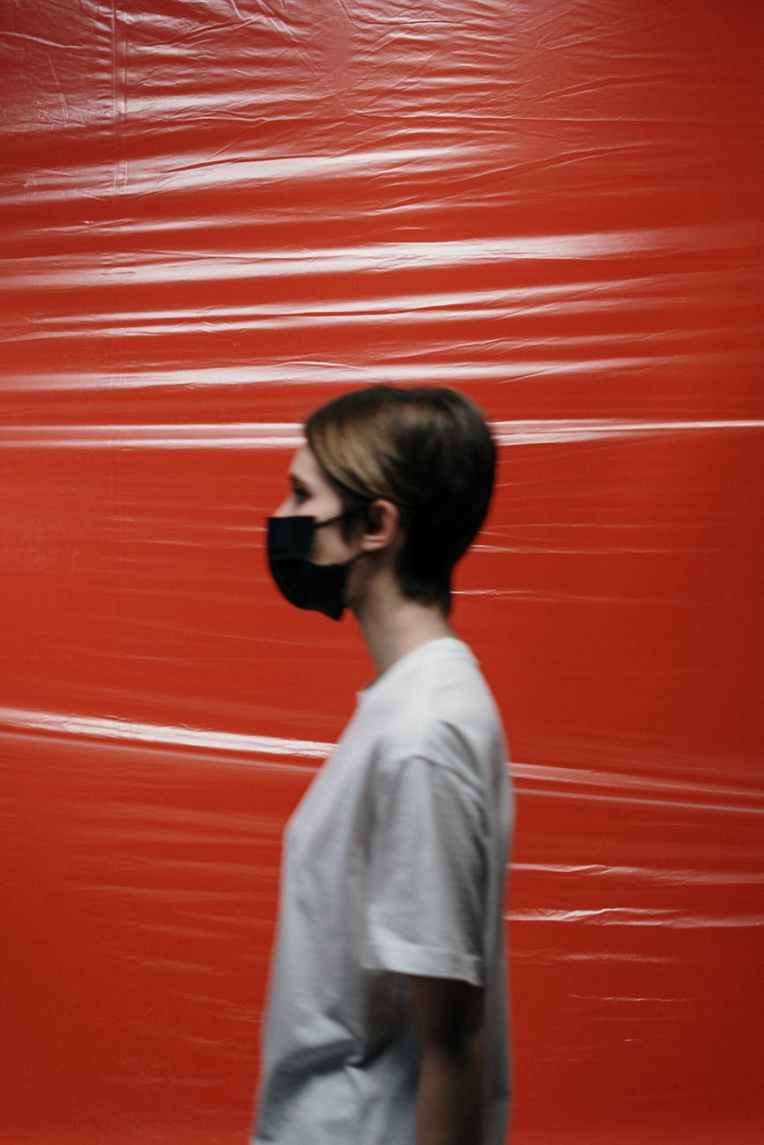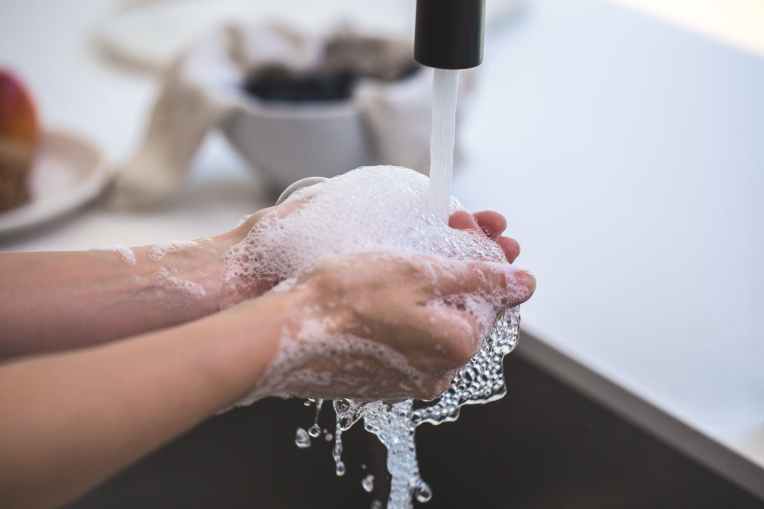
The past few weeks have been worrisome and chaotic in different parts of the world. Many people are scared and clueless about the world pandemic that is called Coronavirus Disease 2019 or COVID-19.
Many nations in the world are affected. Thousands are confirmed positive and killed by the disease. The virus is highly transmissible and it is spreading as of this writing.
The number of positive cases and the death toll is increasing. Many areas are on lockdown with hopes to prevent the viral disease from spreading.
Businesses and establishments are closed. Supermarket and grocery shelves are being emptied very fast because of panic buying. People are placed under home quarantine to prevent transmission.
There is much information spreading on social media and the internet about COVID-19. But some of this information is false and can only cause unnecessary fear and panic.
I believe that knowledge is a powerful thing. This is why I am sharing this simple walkthrough, so you’ll know the facts about this disease and the necessary precautions that you can do to avoid it.

What is coronavirus disease 2019?
Coronavirus disease 2019 (COVID-19) is a respiratory illness that can spread from person to person. The virus that causes COVID-19 is a novel coronavirus that was first identified during an investigation into an outbreak in Wuhan, China.
Can I get COVID-19?
Yes. COVID-19 is spreading from person to person in parts of the world. Risk of infection from the virus that causes COVID-19 is higher for people who are close contacts of someone known to have COVID-19, for example, healthcare workers, or household members.
Other people at higher risk for infection are those who live in or have recently been in an area with an ongoing spread of COVID-19.
Learn more about places with an ongoing spread at https://www.cdc.gov/coronavirus/2019-ncov/about/transmission.html#geographic
The current list of global locations with cases of COVID-19 is available on CDC’s web page at https://www.cdc.gov/ coronavirus/2019-ncov/locations-confirmed-cases.html
How does COVID-19 spread?
The virus that causes COVID-19 probably emerged from an animal source, but is now spreading from person to person. The virus is thought to spread mainly between people who are in close contact with one another (within about 6 feet) through respiratory droplets produced when an infected person coughs or sneezes.
It also may be possible that a person can get COVID-19 by touching a surface or object that has the virus on it and then touching their own mouth, nose, or possibly their eyes, but this is not thought to be the main way the virus spreads.
Learn what is known about the spread of newly emerged coronaviruses at https://www.cdc.gov/ coronavirus/2019-ncov/about/transmission.html.

What are the symptoms of COVID-19?
Patients with COVID-19 have had mild to severe respiratory illness with symptoms of:
- fever
- cough
- shortness of breath
What are severe complications from this virus?
Some patients have pneumonia in both lungs, multi-organ failure and in some cases death.
People can help protect themselves from respiratory illness with everyday preventive actions.
- Avoid close contact with people who are sick.
- Avoid touching your eyes, nose, and mouth with unwashed hands.
- Wash your hands often with soap and water for at least 20 seconds.
- Use an alcohol-based hand sanitizer that contains at least 60% alcohol if soap and water are not available.
- If you are sick, to keep from spreading respiratory illness to others, you should
- Stay home when you are sick.
- Cover your cough or sneeze with a tissue, then throw the tissue in the trash.
- Clean and disinfect frequently touched objects and surfaces.
What should I do if I recently traveled from an area with an ongoing spread of COVID-19?
If you have traveled from an affected area, there may be restrictions on your movements for up to 2 weeks. If you develop symptoms during that period (fever, cough, and trouble breathing), seek medical advice.
Call the office of your health care provider before you go, and tell them about your travel and your symptoms. They will give you instructions on how to get care without exposing other people to your illness.
While sick, avoid contact with people, don’t go out and delay any travel to reduce the possibility of spreading illness to others.
Is there a vaccine?
There is currently no vaccine to protect against COVID-19. The best way to prevent infection is to take everyday preventive actions, like avoiding close contact with people who are sick and washing your hands often.
Is there a treatment?
There is no specific antiviral treatment for COVID-19. People with COVID-19 can seek medical care to help relieve symptoms.
For more information: https://www.cdc.gov/coronavirus/2019-ncov/faq.html
Source: www.cdc.gov

I hope that you have learned something from this post.
Knowledge is power.
Keep calm and stay home to stay safe.
Let us all hope for the best. Like all of the challenging times we’ve been through, this too shall pass.
Until the next blog post!
Love Lots,
Charm

